SUMMARY
This is AI generated summarization, which may have errors. For context, always refer to the full article.
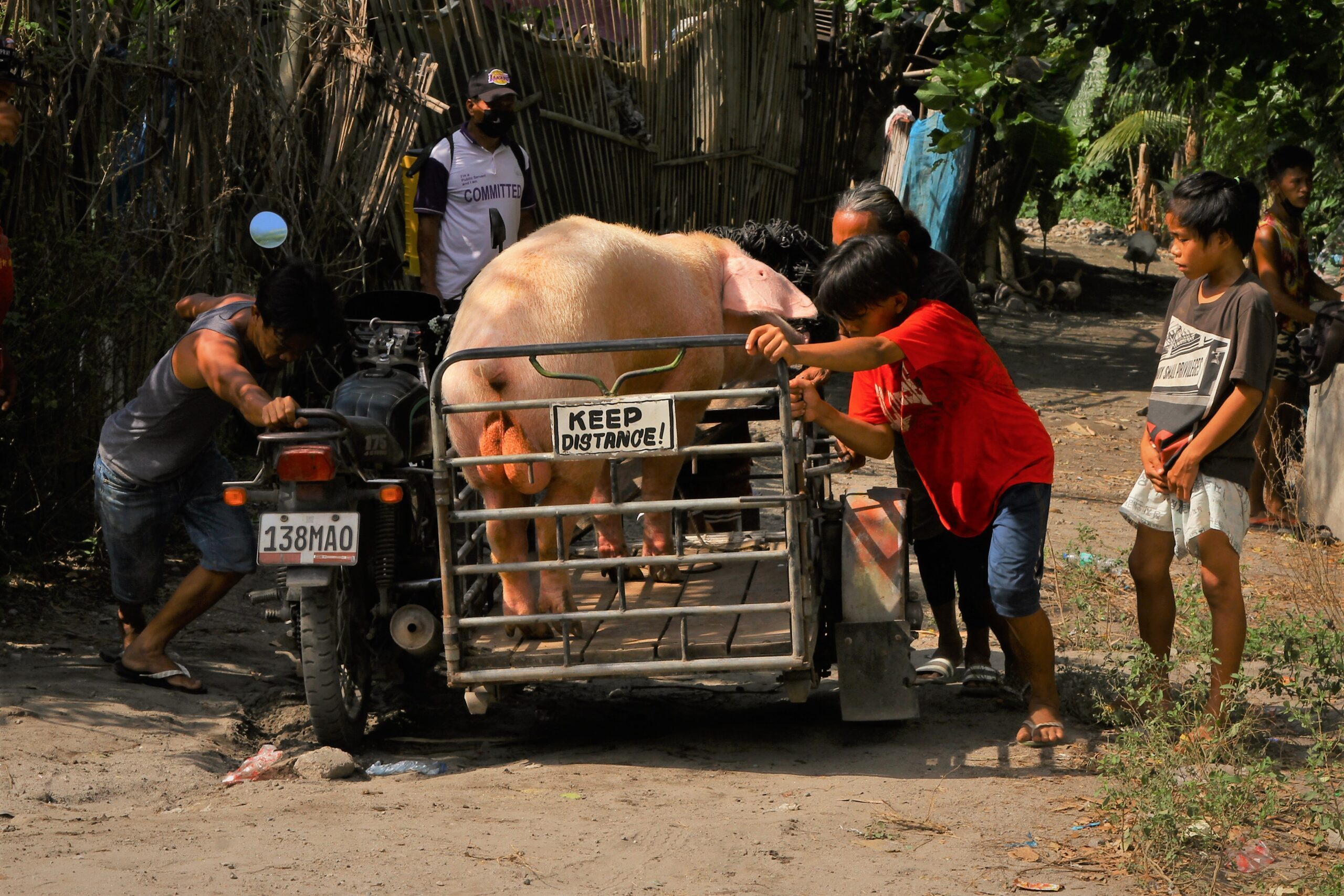
GENERAL SANTOS CITY, Philippines – The head of the city government’s veterinary office on Saturday, January 29, confirmed that the series of swine deaths in a village in General Santos City – one of the largest hog-producing cities in the country – was due to African swine fever (ASF).
City veterinarian Antonio Ephraim Marin confirmed this but said the situation has been placed under control, and that authorities contained the outbreak in Purok San Lorenzo, Barangay Apopong.
City hall has so far culled more than 500 heads of sows, breeder boars, ready-to-harvest hogs, and piglets taken from backyard hog farms in San Lorenzo this week.

Marin said city hall would start collecting specimens from adjacent communities on Monday, January 31.
“It is necessary to check nearby backyard hog farms to make sure that the virus did not spread to other places,” Marin said.
Authorities said they were also looking into how ASF infected hogs in San Lorenzo despite strict protocols put in place by the local government and agriculture officials.
“It looks like the infected managed to get past our ASF checkpoint,” he told reporters.
General Santos, which boasts of an P8.4-billion hog industry and which is the third largest supplier of the country’s hog requirements, has set up seven ASF checkpoints.
A city ordinance prohibits bringing live hogs and raw, cooked, and processed pork into the city.
Barangay Apopong chairman Pao Natividad said villagers first reported the deaths of several hogs as early as January 12. On Monday, January 25, city hall sent workers to San Lorenzo who took specimens from the backyard hog farms for examination in a laboratory of the Department of Agriculture (DA) in Soccsksargen.
What followed was the culling of hogs owned by backyard raisers who were paid P5,000 for every sow or breeder, P3,000 for each medium-sized pig, and P1,000 per piglet.
Marin said 54 hog raisers affected by the culling in San Lorenzo were paid a total of P1.2 million, a fund that came from members of the South Cotabato Swine Producers Association (SOCOSPA).

The organization’s members own the biggest commercial hog farms in the city and province, including an estimated 55,000 sows.
Based on a new policy, Marin said, the government will no longer indemnify those whose hogs will be culled due to ASF. Instead, they are required to secure insurance coverage.
For small-time hog raisers, the insurance premium will be given for free, according to Marin. –Rappler.com
Rommel Rebollido is a Mindanao-based journalist and an awardee of the Aries Rufo Journalism Fellowship.
Add a comment
How does this make you feel?
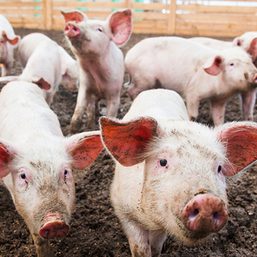
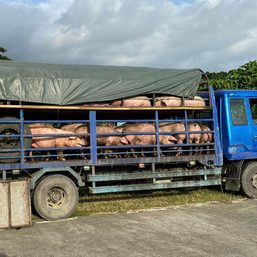
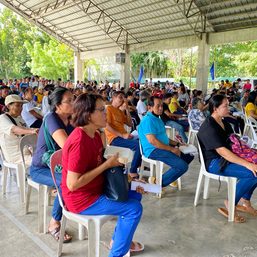
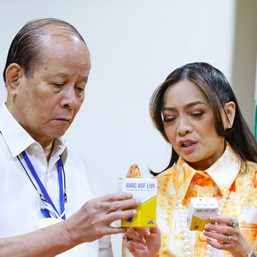
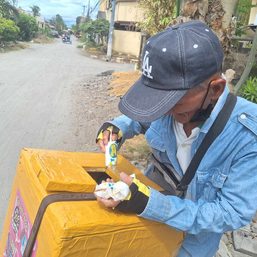
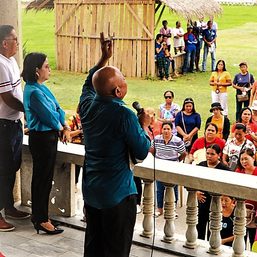
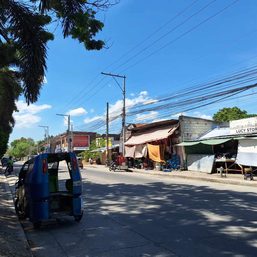
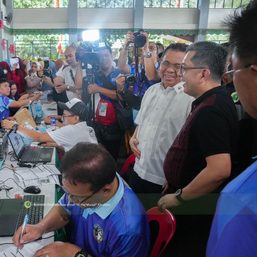

There are no comments yet. Add your comment to start the conversation.